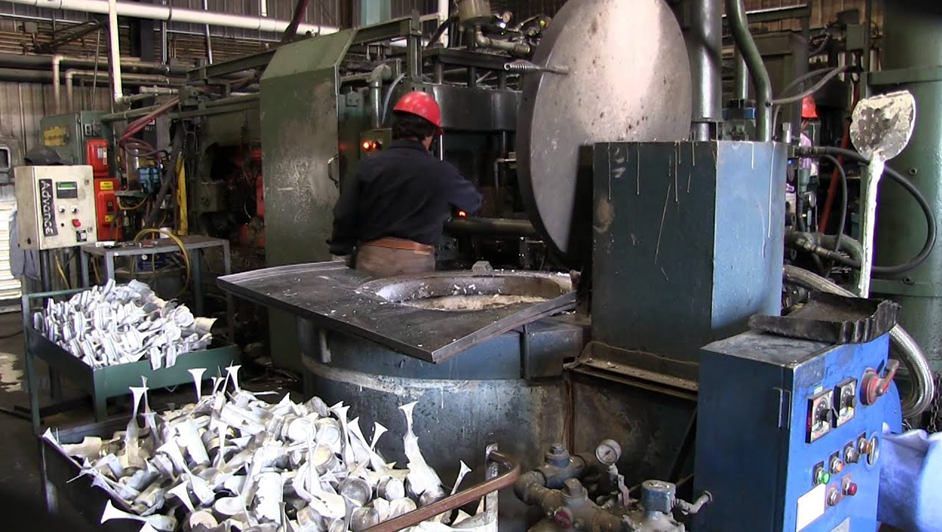Die casting is a manufacturing process that involves forcing molten metal into a mold cavity at high pressure. The metal solidifies quickly and takes the shape of the mold, creating a precise and high-quality part. This process is widely used in the production of metal parts for various industries, including automotive, aerospace, electronics, and more.
Die casting is a highly efficient process that offers a range of benefits. One of the main advantages of die casting is its ability to produce parts with a high level of accuracy and consistency. This is due to the fact that the mold cavity is created with extreme precision, ensuring that each part is identical. Additionally, die casting allows for complex shapes and designs to be produced with ease, thanks to the flexibility of the molds.
Another benefit of die casting is its speed and efficiency. The process can produce large quantities of parts quickly and with minimal waste. This is especially advantageous for industries that require high-volume production, such as automotive manufacturing.
Die casting also offers a range of material options, including aluminum, zinc, magnesium, and copper. Each material has its own unique properties and advantages, allowing manufacturers to select the best option for their specific needs.
The die casting process typically involves four main steps: preparing the mold, injecting the metal, cooling the part, and ejecting the finished product. The mold is typically made from steel and is designed to the exact specifications of the part being produced. The mold is then lubricated with a release agent to ensure that the part can be easily removed once it has solidified.
The metal is then melted in a furnace and injected into the mold at high pressure. This process, known as filling, ensures that the metal fills the mold cavity completely. Once the cavity is filled, the metal is left to cool and solidify. This process, known as solidification, is critical to the quality of the final part, as it affects its strength, durability, and dimensional accuracy.

Once the metal has solidified, the part is cooled using either air or water. This process, known as quenching, helps to reduce the temperature of the part and prevent warping or cracking. The final step in the process is ejecting the finished part from the mold. This is typically done using ejector pins, which push the part out of the mold cavity.
In summary, die casting is a highly efficient manufacturing process that offers a range of benefits. It allows for the production of parts with a high level of accuracy and consistency, and can produce large quantities of parts quickly and with minimal waste. Additionally, die casting offers a range of material options, allowing manufacturers to select the best option for their specific needs. Understanding the process and benefits of die casting can help manufacturers make informed decisions about the best production methods for their products.
-

- High precision magnesium alloy die casting parts for automotive ignition lock
-

- Magnesium alloy Thixomolding power batter housing
-

- Magnesium alloy foundry parts bicycle wheel with CNC machining & surface finishing
-

- Magnesium alloy thixomolding die-casting UAV parts C
-

- Thixomolding parts & components mobile phone middle board processed
-

- Magnesium alloy die-casting Auto parts controller housing

 0086-750-5616188
0086-750-5616188 +86 13392089688
+86 13392089688 sales@zhongmei-tech.com
sales@zhongmei-tech.com







